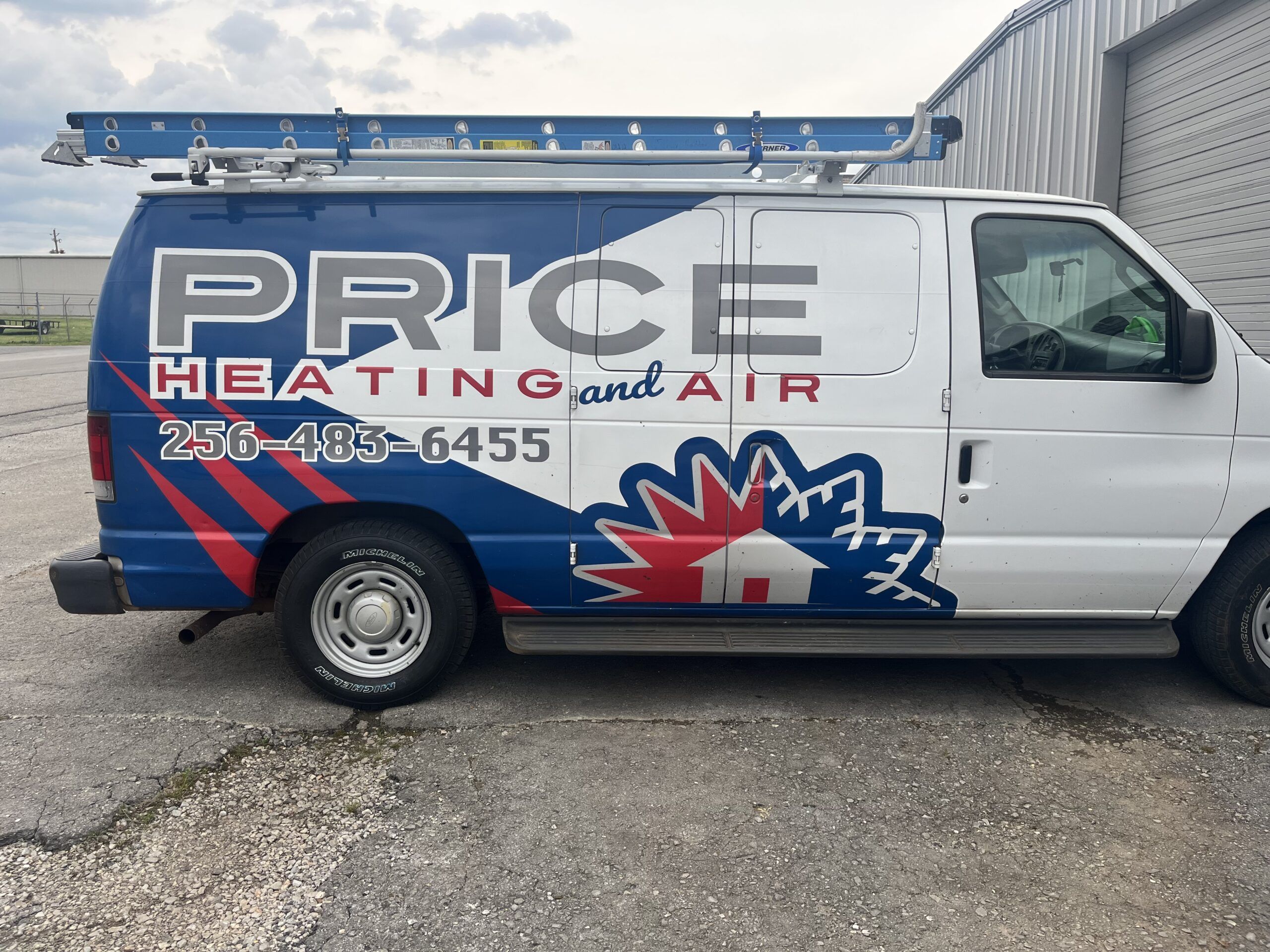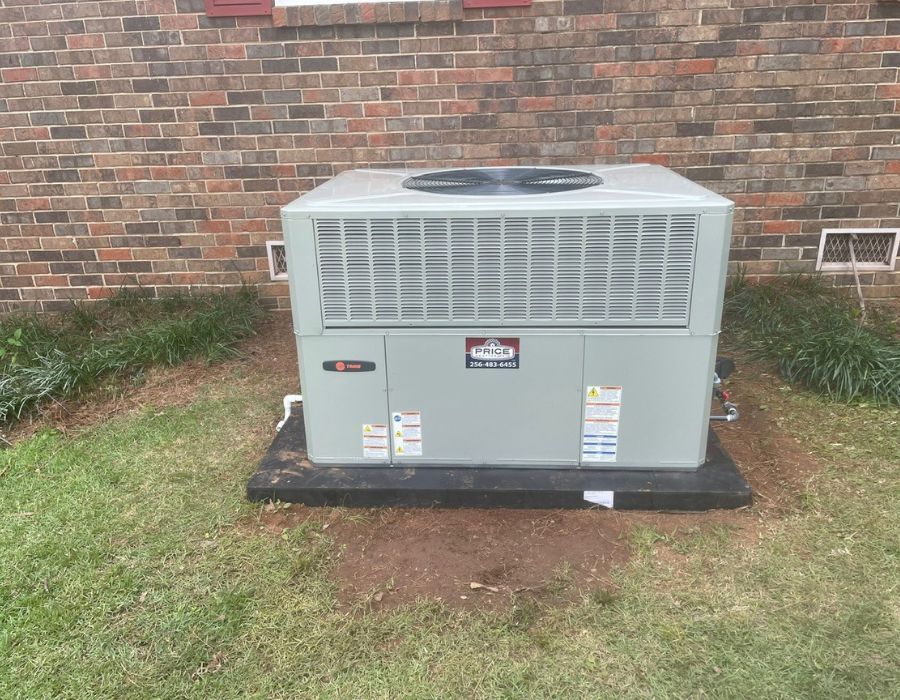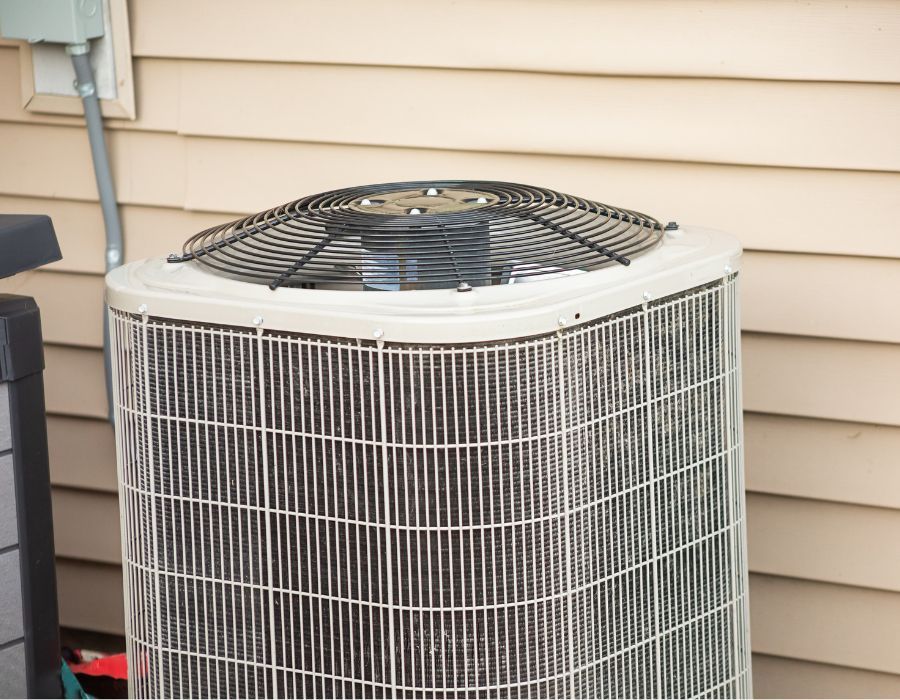How to Choose the Right Heating and Air Conditioning Contractor for Your Home
Finding a trustworthy contractor for your HVAC needs is essential to ensuring your home stays comfortable. It’s important to choose a contractor who is licensed, experienced, and provides quality service. Reputation and pricing should also be taken into account. Before making a final decision, do your research. For instance, companies offering HVAC supply in Muscle Shoals AL can provide access to top-quality systems, which can significantly impact your home’s heating and cooling performance.
Why Licensing and Insurance Matter
Protecting Your Property and Investment
A licensed contractor gives you peace of mind. They have the right training to handle HVAC systems safely. Insurance also protects you if something goes wrong. For example, if a worker gets hurt on your property, the insurance covers the cost.
Without proper licensing and insurance, you might be left to pay for repairs or medical bills. Hiring a licensed, insured contractor protects both your home and your wallet. It’s better to hire someone who follows the rules and is responsible for their work.
Avoiding Potential Risks with Unlicensed Contractors
Hiring an unlicensed contractor can bring many risks. They might not have the skills or experience needed to do the job right. Without proper insurance, you could be responsible for any damage or accidents. If something goes wrong with the HVAC system, it could be costly to fix.
Unlicensed contractors may also cut corners to save money, which can lead to poor work or even more problems later on. Always choose a licensed contractor to reduce the risks and protect your home. Don’t take chances with someone who isn’t fully qualified.
Importance of Experience
How Experience Affects Service Quality
An experienced HVAC contractor can handle a wide range of issues. They have likely seen many different problems and know how to fix them. This means they can work quickly and efficiently, avoiding common mistakes. Their knowledge helps ensure the job gets done right the first time.
With years of experience, they also know the best practices for installing and maintaining HVAC systems. You can trust that an experienced contractor will do a better job than someone just starting out. Experience makes a big difference in the quality of service you receive.
Reputation in the HVAC Industry
A good reputation in the HVAC industry speaks volumes about a contractor. Contractors with a strong track record tend to deliver high-quality work and customer satisfaction. Check online reviews and ask for references to get an idea of their reputation. If others are happy with the service, chances are you will be too.
Contractors with good reputations are also more likely to be honest and reliable. You want to hire someone who has built a solid name over time. A strong reputation shows that the contractor is trusted and respected in the industry.
The Role of Customer Reviews
What to Look for in Positive Reviews
Positive reviews can give you a good idea of the contractor’s work. Look for comments about the quality of their service, professionalism, and reliability. Customers should mention if the work was completed on time and if the price was fair.
Pay attention to how the contractor communicates and whether they answered questions clearly. If past clients are happy with the results, it’s a good sign that you can expect similar service. Consistent positive feedback usually means the contractor is trustworthy and offers quality work.
Red Flags in Negative Feedback
Negative reviews can show potential problems. If several people complain about missed deadlines or poor communication, it’s a red flag. Complaints about pricing that doesn’t match the quote should also make you cautious. Contractors who don’t take responsibility for their mistakes may be less reliable.
Be wary if reviews mention a lack of professionalism or if multiple people say the work didn’t meet expectations. It’s important to trust your instincts. If the negative feedback outweighs the positive, it may be best to look elsewhere for your HVAC needs.
Evaluating Service Pricing
Comparing Quotes Without Sacrificing Quality
When comparing quotes from HVAC contractors, focus on value, not just cost. Low prices can be tempting, but they may lead to poor-quality work or subpar materials. A higher price often reflects better service and quality equipment. Always ask for a detailed breakdown of the costs. This helps you understand what you’re paying for.
Look for contractors who offer reasonable prices while still providing high-quality products and workmanship. Be careful of unusually low quotes. They might cut corners or leave out necessary services. Quality should always be a priority when choosing your contractor.
How to Spot Unreasonable Pricing Practices
Watch for pricing practices that seem off. A contractor who changes the price after providing a quote might not be trustworthy. Always get a written estimate before agreeing to anything. Be cautious if a contractor pressures you to make quick decisions or asks for a large upfront payment. Overcharging for small jobs is another common tactic.
Contractors who offer drastically lower prices than others might be cutting corners or using low-quality materials. Compare quotes and pay attention to the details. If something doesn’t feel right, it’s best to keep looking.
The Right Equipment and Technology
Understanding HVAC Systems and Options
HVAC systems come in various types, and each serves a specific need. The most common options are central air conditioners, heat pumps, and furnaces. Each system has its own benefits, so it’s important to understand which one works best for your home.
Contractors should explain the differences and help you choose the right system. Be sure to ask about energy efficiency. A system that uses less energy can save you money over time. Always ask about warranties and maintenance options for the system you choose.
Why Technology Matters in HVAC Services
Technology in HVAC systems has advanced greatly in recent years. Modern systems offer better energy efficiency, quieter operation, and more control. For example, smart thermostats allow you to adjust your home’s temperature from anywhere. Some systems can even detect problems and notify you before they become serious.
Contractors should be up-to-date on the latest technology to help you get the most out of your system. The right equipment and technology not only make your home more comfortable but also help lower utility bills. Always ask about the latest tech options when choosing an HVAC system.
Choose Price Heating & Air Conditioning for Reliable Service
Choosing a reliable HVAC contractor can be overwhelming, but focusing on key factors makes the process easier. Licensing, experience, and strong customer reviews should always be a priority. Pricing matters, but don’t sacrifice quality for a lower cost.
At Price Heating & Air Conditioning, we pride ourselves on offering dependable services and quality HVAC systems. Visit us at 1102 Avalon Ave, Muscle Shoals, Alabama, 35661, or call (256) 588-4746 for reliable heating and air conditioning services. We’re committed to providing you with the best service possible.







